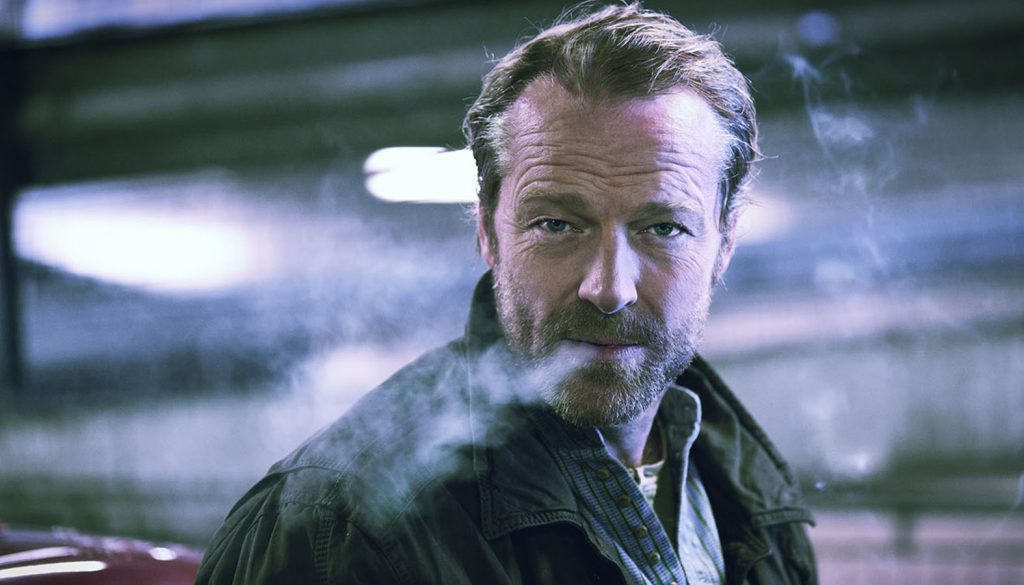Albert Einstein burst upon the world’s stage when he presented his thesis on the relativity of time. You would think that concept alone would have been enough to keep mankind busy for the next 1,000 years. But in just about a century, new concepts about time have emerged. The most perplexing, at least for my limited brain capacity, is the new scientific thinking suggesting that time isn’t even real.
Television used to be bound by time. There used to be a beginning, middle, and end to programming. Back in the day, a television program was on at a set time: it had a debut, a run and then death, either by natural causes or by network executive fiat. Television had “seasons” way back in time — if time itself is real, of course. It used to have a certain sense of rhythm, with fall being a time for new shows to make their debuts, and summer being the time for reruns.
Streaming has changed all that. New television series can appear with great fanfare on streaming services and many others come out of nowhere. But this “out of time” nature of streaming television shows is also liberating, and allows us to discover shows that may have had their run on regular television formats without us ever hearing about them. Due to the voracious appetite streaming services have for content now, myriad shows have found new life and are defying time, if time actually exists in the first place.
While searching for a new (or old, for that matter) mystery series, I landed on a show that had been on the BBC several years ago. It was a show that already experienced its beginning, middle, and end on the BBC, but for me it was new again. I’m not sure if this fits under the category of Einstein’s relativity of time or the new physics that denies the very existence of time. It’s called “Jack Taylor” and it is a gritty, self-contained mystery show where a tough, ex-cop in Galway, Ireland, gets involved in gruesome crimes and solves them in between endless shots of whiskey and about for packs of cigarettes per show.
My wife lasted 15 minutes. She likes nice and easy mystery, where Lord So-and-So has a knife in his back in a locked room and an eccentric detective gathers all the usual suspects and solves the impossible case. I like those, too, but I got an extra dose of Irish blackness in my DNA double helix and the darkness of “Jack Taylor” started to entice me deeper into the show.
My son was a dispassionate observer until he, too, also with more Irish darkness than is good for any one person, got hooked. So it became a bonding device between my son and myself. In true Irish fashion, the lead character leads a solitary and hard life. He is a pessimist about everything, doesn’t believe in God, the Church, or the police department that sacked him. When we first saw his relationship with his mother, which can only be described as ghastly, my son and I turned to one another and we laughed, another grim Irish trait of finding humor in the most awful of things.
The writing is good, the mysteries (my son and I have now binged on three “Jack Taylor” series) adequate and the Galway locations are a perfect backdrop that no set decorator could have duplicated to communicate the darkness that is in the souls of not only those who are committing the crimes in the series, but in the “hero” himself.
It is a true “Post-Catholic” Ireland that we see in this series. As recent current events have shown us, Ireland, like most of Europe, is a shell of its Catholic self. But the Church has a presence in every show we have seen. There is a lot of anger for the Church in this series, and as more stories emerge about the awful homes for unwed mothers the Church operated in the past and the current spate of abuse stories, more peat is thrown on the fires of Irish imaginations and feeds Irish resentment.
But even in a television show so intently bent on claiming its place in the new secular Ireland, the Church, beaten, battered, and down for a mandatory eight count, remains. She will stumble to her feet there, and maybe she won’t look as pretty or shine as bright as before, but if this hyper-secular television series is any indication, the Catholic soul of Ireland remains and who knows, maybe someday a new Patrick will arrive and reignite it; time will tell.

